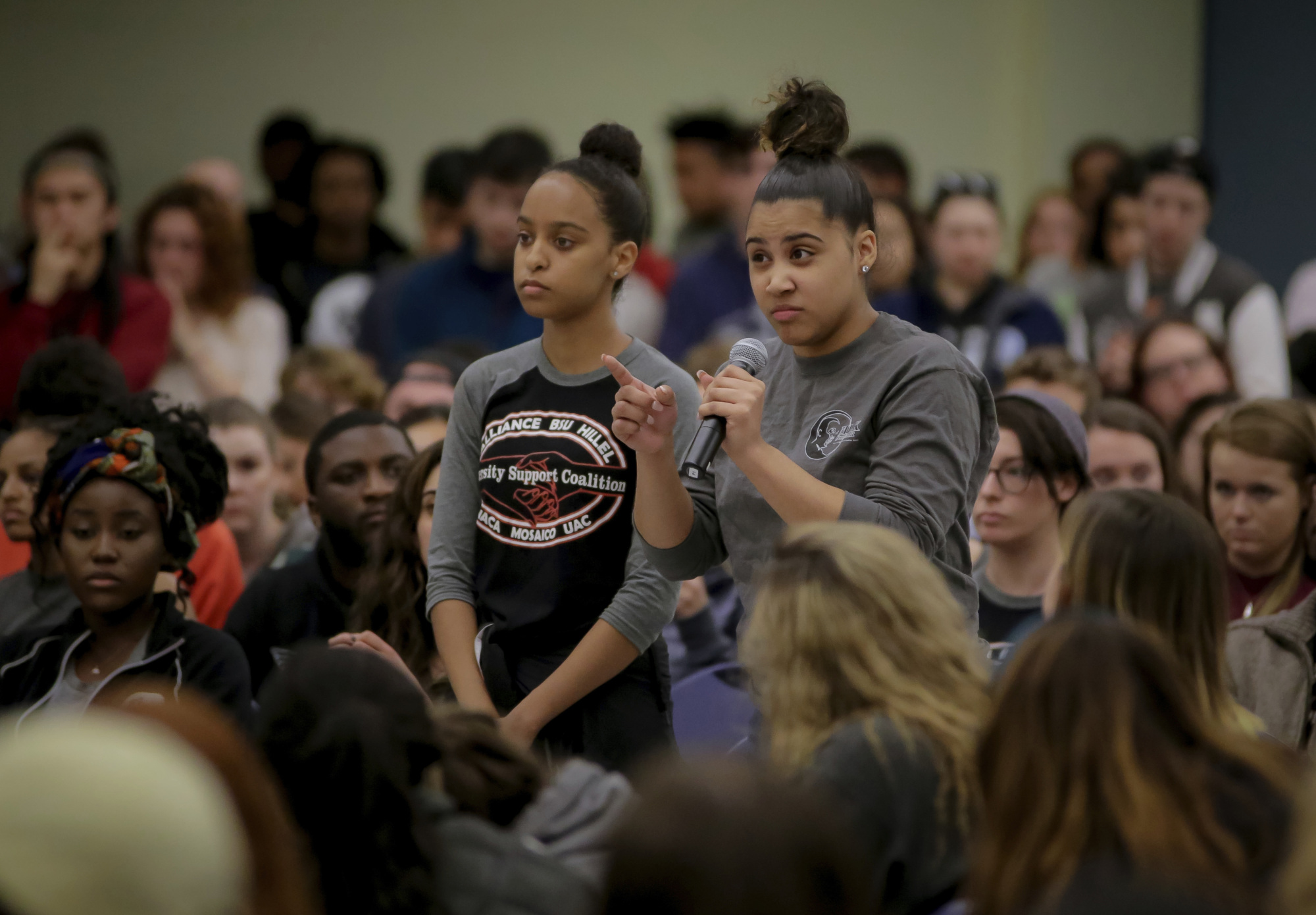In July 1954, a 19-year-old Memphis truck driver recorded at Sun Studio the song "That's All Right." When a local disc jockey promised to play it, the truck driver tuned his parents' radio to the station and went to a movie. His mother pulled him from the theater because the DJ was playing the record repeatedly and wanted to interview the singer immediately. The DJ asked where the singer had gone to high school. He answered, "Humes," an all-white school. The DJ asked because many callers "who like your record think you must be colored, singing the way you do." Elvis Presley from Tupelo, Mississippi, had committed "cultural appropriation."
According to Ray Connolly in "Being Elvis," Arthur "Big Boy" Crudup, a black Mississippian, had popularized "That's All Right." When Presley first entered the recording studio, he was asked, "Who do you sound like?" He replied, "I don't sound like nobody." Actually, he sounded like someone melding the sounds of gospel, country and what was then called "race music" — music by Southern blacks — to make something new.
The hysteria du jour, on campuses and elsewhere, against "appropriation" illustrates progressivism's descent into authoritarianism leavened by philistinism. This "preening silliness" — the phrase is from The Federalist's David Marcus — is by people oblivious to the fact that, as Marcus says, "culture blending is central to the development of, well, everything."


















With your current subscription plan you can comment on stories. However, before writing your first comment, please create a display name in the Profile section of your subscriber account page.